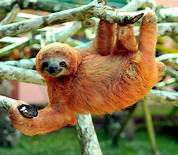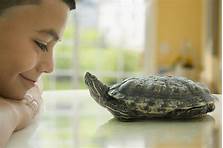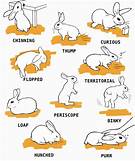Can You Keep a Pet Sloth?
Sloths are adorable creatures known for their slow movements, gentle expressions, and unique behavior. While they appear fascinating and intriguing, keeping a sloth as a pet is a complex decision that requires careful consideration.

Legality and Ethical Concerns
1. Legal Restrictions: In many countries, it is illegal to keep a sloth as a pet due to international wildlife protection laws. Additionally, the illegal pet trade poses a significant threat to wild sloth populations.
2. Ethical Considerations: Sloths are wild animals with unique biological and behavioral needs. Keeping them in captivity can be detrimental to their well-being, leading to stress, health issues, and reduced lifespan.
Habitat and Care Requirements
1. Specialized Environment: Sloths require a warm, humid, and arboreal habitat that mimics their natural rainforest environment. This includes a large enclosure with tall trees or structures for climbing.
2. Dietary Needs: Sloths have specific dietary requirements, consuming a variety of leaves, fruits, and insects. Providing a balanced and nutritious diet can be challenging.
3. Behavioral Needs: Sloths spend most of their time sleeping and moving slowly. They require a quiet and calm environment without frequent disturbances.
Health and Veterinary Care
1. Unique Health Needs: Sloths are prone to various health issues, including digestive problems, respiratory infections, and joint disorders. Specialized veterinary care, knowledgeable about sloth-specific health concerns, is crucial.
2. Stress and Vulnerability: Sloths are highly sensitive to stress and can easily become ill if their habitat or routine is disrupted. This vulnerability requires a dedicated and experienced caregiver.
3. Long Lifespan: Sloths have a long lifespan, often exceeding 20 years in captivity. Their ongoing care and well-being require a significant commitment from their owner.
Conclusion
Keeping a sloth as a pet is a complex and challenging endeavor that involves legal, ethical, environmental, and financial considerations. The decision should not be taken lightly. The well-being and happiness of the sloth must be prioritized over human curiosity or fascination. It is essential to remember that sloths are wild animals and belong in their natural habitat.
Declaration: All article resources on this website, unless otherwise specified or labeled, are collected from online resources. If the content on this website infringes on the legitimate rights and interests of the original author, you can contact this website to delete it.






